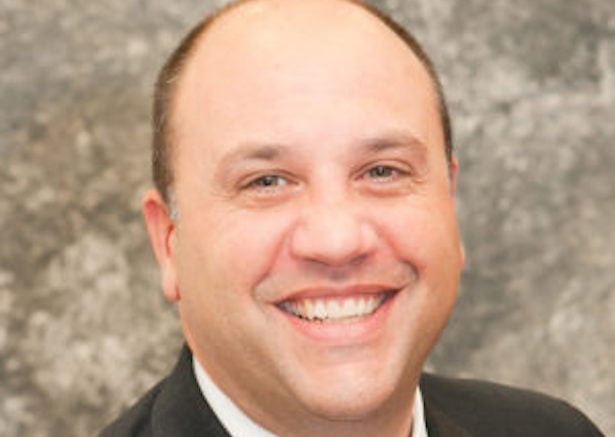LOS ANGELES—Education is the key to breaking into the industry's flourishing niche markets—like net lease, healthcare and student housing—according to the expert panelists at the CCIM Thrive conference in Downtown Los Angeles. With Camille Renshaw, CCIM, director and lead broker at Stan Johnson Co., moderating, panelists, including Paul McDowell, president of the office and industrial group at American Realty Capital Properties; Jonathan W. Hipp, president and CEO of Calkain Cos.; Phillip J. Kayden, senior investment officer at Ventas Inc.; Douglas J. Kligman, CIO at Vesper Holdings, discussed how the niche markets have integrated into the mainstream CRE sectors and how investors and brokers looking to operate within this space can break in.
All of the experts agreed that education was the first step to breaking into these niche markets, and that means reading both trade publications and industry periodicals produced by research platforms. Additionally, almost all of the panelists recommended reaching out to an expert in the field. “Find someone who is highly successful in the sector to get that knowledge,” said Kligman, adding that “it is important to partner with someone on your first deal.”
Professionals are flocking to these markets because they have evolved into prime commercial real estate sectors thanks to the abundance of capital in the market and the positive economic fundamentals. “I like to think that we sell bonds wrapped in real estate,” said McDowell. Cap rates, according to each of the panelists, really run the gamut depending on the property type and the market. In retail net lease, for example, a Walgreens or a McDonalds with a long term lease will trade with a mid-5% cap rate, while non-credit properties will trade anywhere from a mid-6% cap rate to an 8%.
Although these niches are performing well, panelists did wonder what may happen if treasuries rise—if only they knew when that would happen. “If you forecast that treasury rates are going to go up long enough, eventually they will. I just want to know when it is going to be,” McDowell joked. If the treasuries were to rise, cap rates would be affected about 6 to 12 months later. However, even if this happens, none of the panelists felt that their niche would be too negatively affected. “Interest rates over 20 years have moved up and down very moderately, when you smooth the peaks and valleys out,” said McDowell, echoing the panels opinion that rising treasuries weren't a major concern, especially considering any rise would be modest.
© Touchpoint Markets, All Rights Reserved. Request academic re-use from www.copyright.com. All other uses, submit a request to [email protected]. For more inforrmation visit Asset & Logo Licensing.






